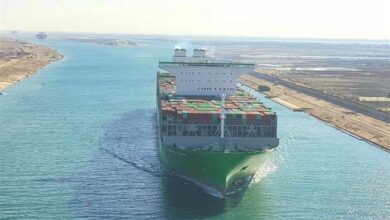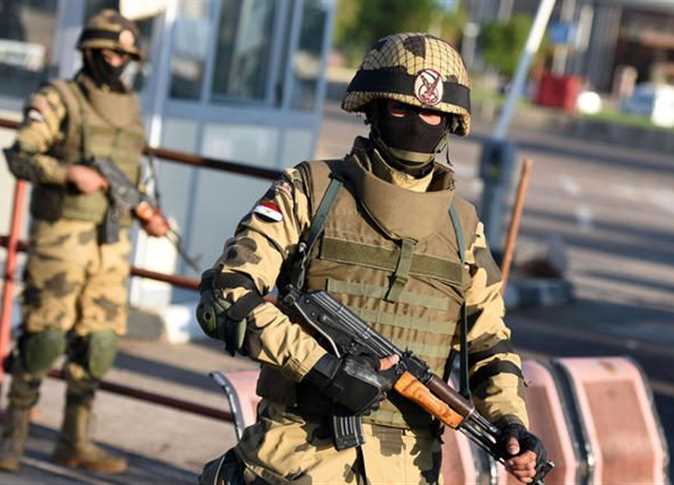SUEZ — Even though Suez is hardly a Bedouin or tribal city, liberal and Islamist powers have agreed that kinship and tribal loyalties there will likely impact the results of Egypt's second round of People's Assembly polls, which started on Wednesday.
The coastal city of Suez — which overlooks the Suez Canal, one of the pillars of Egypt's economy — is one of the governorates that's allocated the lowest number of parliamentary seats in the second phase of elections.
In Suez, there are only six seats up for grabs in parliament, four of them to be won through the list-based system and the remaining two through the single-winner system.
Of the city’s half a million residents, 340,000 people are eligible to vote.
Party leaders and political activists claim that tribal loyalties still exist in Suez. There are “societies” formed by the big families, most of whom have Nubian or Upper Egyptian origins. They moved to Suez many years ago and set up major economic projects, which gave them influence over voters.
Activists believe that, as in other governorates in Upper Egypt and Sinai, kinship and tribal affiliations largely determine the orientations of voters.
Wessam Abed, an activist from Kefaya and a member of the New Ghad Party, said, “Oddly enough, most families in Suez are aware that the candidates to whom they give their votes are of no use to them and that parliamentary membership for them is just another tool to protect their interests, yet they still give them their votes.”
Those candidates who have the support of big families are running for single-winner seats or on the lists of some parties formed by remnants of the National Democratic Party (NDP), such as the Reform and Development and Egypt National parties.
For example, al-Qadri Raslan, a candidate running for a single-winner seat and previously an MP for the NDP in parliament’s 2005 session, is a likely winner in the governorate because he has the support of the Barahma society.
Oddly still, Suez was one of the earliest Egyptian cities to join the 25 January revolution, with the first revolution martyr killed there.
Abed believes that the antagonism between the police and Suez residents caused by violations committed by the former regime is largely why Suez was at the forefront of the revolution.
“The scene in January was like a showdown between the people in Suez and the police. But this does not mean that many residents will cease to support candidates that belong to the former regime.”
The Salafi-led Nour party, however, is determined to change the rules of the game. Although several governorate leaders said NDP remnants remain strong, Nour is confident it will see favorable results.
Abdel Khaleq Mohamed, a candidate on top of Nour’s party list in the first constituency in Suez, said, “We cannot deny the ability of those candidates to mobilize votes … but we trust that many others who do not belong to those big families are aware of the effectiveness of Nour.”
He added that Nour Party has achieved popularity through the presence of its members at mosques to give lessons and raise people's awareness of jurisprudential and social issues.
Nour is contesting all six seats allocated for Suez. Observers say Nour is the dark horse in the elections, having managed to scoop up 25 percent of seats in the first phase even though it is running for the first time.
The Muslim Brotherhood's Freedom and Justice Party, which has seized about 40 percent of seats in the first phase of the election, is Nour’s closest competitor. However, political activists believe Nour has an edge over the Brotherhood’s Freedom and Justice Party because Nour has been quite active in the city lately.
The Egyptian Bloc and some liberal parties, such as Adl, Democratic Front and New Ghad parties, are also competing for seats in Suez, but their mission may be the hardest because several of their candidates are running for the first time and are completely unknown to voters.
Egypt's youngest parliamentary candidate, Wasat Party's Ahmed Shabaan, 25, is running for the professional seat in the first constituency in Suez.. Even though several young residents in Suez are enthusiastic about his candidacy, they acknowledged that he does not have a strong chance of winning in face of NDP remnants and Salafi leaders.




